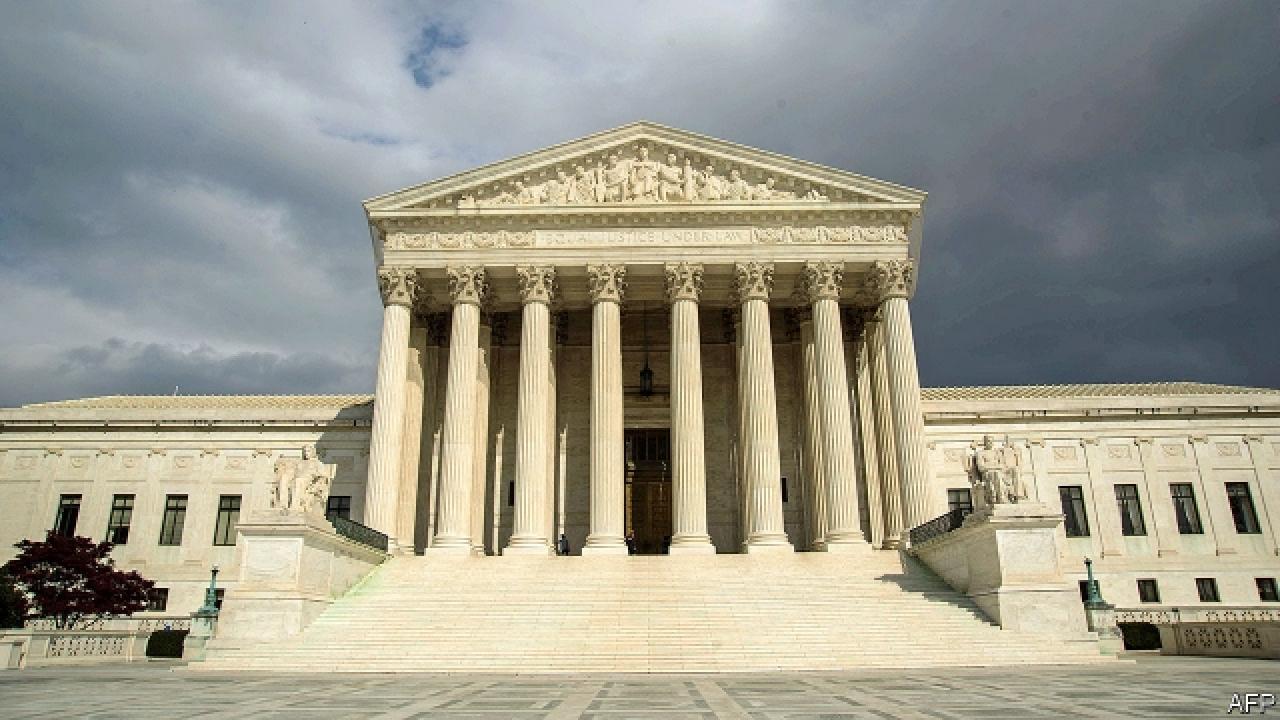
Anthony Kennedy’s Retirement Comes at a Worrying Time
For 12 years, Anthony Kennedy has been the Supreme Court’s swing vote. The court’s liberal and conservative quartets voted predictably. He did not—which is why those who want the Supreme Court to float above America’s partisan divide reacted with such dismay to his retirement, announced on June 27th. Justice Kennedy’s departure from the bench might sound like a minor detail set against everything else that is going on with America’s government at the moment. It is not. President Donald Trump now has the opportunity to appoint a second Supreme Court justice and with it to cement a 5-4 conservative, one might even say Republican, majority at a time when the constitution is under strain from a norm-breaking Republican president.
The high stakes herald a gigantic fight in the Senate. Democrats are still smarting from the way that Senate Republicans in 2016 ignored Barack Obama’s Supreme Court nominee for 293 days. The Republicans’ failure to give Merrick Garland a hearing before the election allowed Mr Trump to pick a judge. Democrats will bend every remaining Senate convention rather than be bested again. This will poison a polarised polity even further. But it is hard to blame them. The legislative branch has become so gridlocked that no president can expect to sign more than one or two significant laws. Far more lawmaking is therefore done by the Supreme Court, through its decisions to overturn or uphold state laws or presidential decrees. A reliable 5-4 majority will give conservatives immense power to reshape America by doing just that.
For a sense of what a court with a stable conservative majority might look like, consider the term just past. Its 63 rulings marked the most decisive shift to the right in years (see article). The court upheld Mr Trump’s ban on travel from several mostly Muslim countries. It dealt a blow to public-sector unions by overturning a 41-year-old precedent that allows them to charge non-members for collective bargaining. And, most consequentially, it issued a series of decisions on voting laws that found in favour of entrenched (Republican) majorities.
This article appeared in the Leaders section of the print edition under the headline "The Final Swing." To read the full article, visit The Economist.